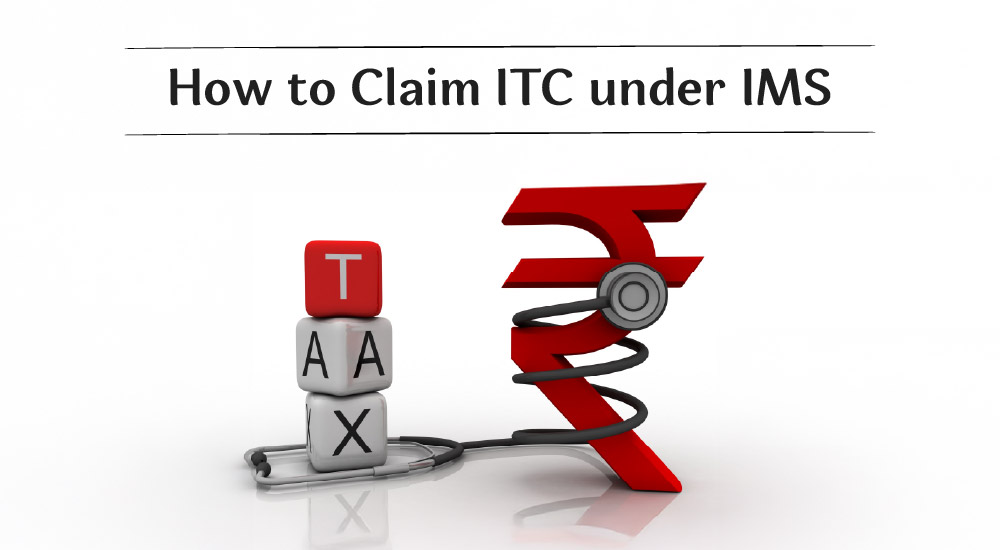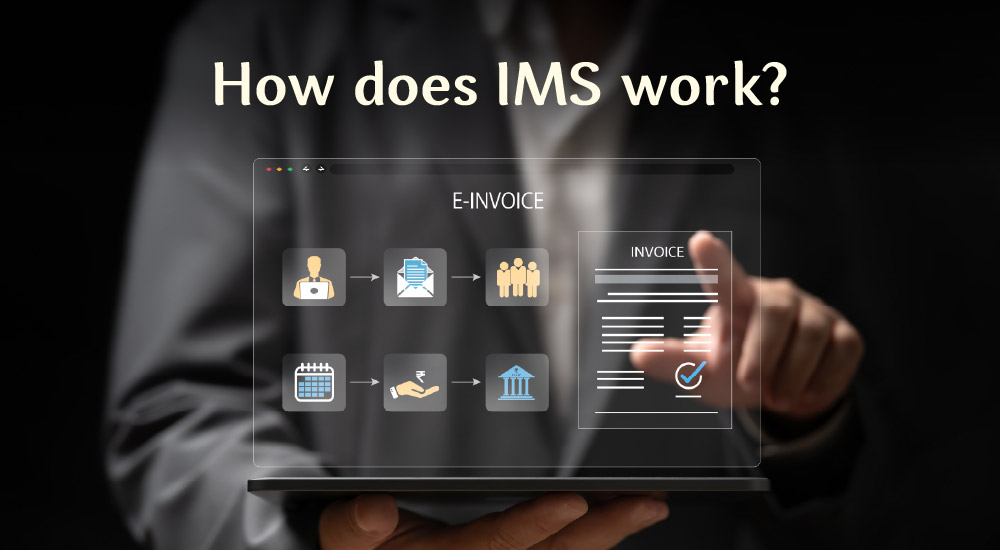To further strengthen the financial ecosystem for India’s Micro and Small Enterprises (MSEs), the Ministry of Corporate Affairs (MCA) has introduced a revised format for MSME Form 1 reporting. This update is part of the government’s ongoing efforts to bring more transparency in corporate disclosures, promote timely payments to MSE suppliers, and ensure greater accountability in business transactions.
Delayed payments continue to hamper the growth and sustainability of MSEs across the country. With this new reporting framework, the MCA aims to not only monitor payment delays more effectively but also encourage companies to uphold payment discipline. Here's everything you need to know about the latest changes and how they impact your compliance responsibilities.
What’s new in the revised MSME Form 1?
The revised MSME Form 1 introduces enhanced data fields and a more detailed reporting format to strengthen oversight on delayed payments. Key changes include:
- Expanded information on vendors: Including PAN and classification of goods or services supplied.
- Segregation of dues: Based on how long payments have been pending (e.g., 46–60 days, 61–90 days, etc.).
- Mandatory reasoning: Companies must now provide clear justifications for payment delays in a structured format.
- Digital verification: Improved digital signatures and validation checkpoints to ensure authenticity.
These updates aim to plug reporting gaps, eliminate vague responses, and give regulators a better view of payment behaviours within the corporate sector.
Details required in the revised MSME Form 1
Companies filing MSME Form 1 need to furnish the following key details:
- CIN and PAN of the company
- Company name, address, and email ID
- Details of MSME suppliers – Name, PAN, and nature of goods/services supplied
- Amount due and the duration for which it has remained unpaid
- Date from which payment is due
- Reason for delay in payment, in accordance with revised dropdowns or structured inputs
The updated format ensures standardized and reliable data collection for easier analysis and enforcement.
Step-by-step process to file the updated MSME Form 1
Here’s a simplified guide to help you stay compliant:
- Login to the MCA portal
- Go to MCA Services → e-Filing → Company Forms Download
- Select ‘Form MSME-1’
- Enter CIN, PAN, and company details
- Fill out vendor and outstanding payment details
- Provide reason(s) for delay in the appropriate section
- Attach necessary declarations or supporting documents
- Digitally sign using DSC and submit the form
Who needs to file MSME Form 1?
MSME Form 1 must be filed by all “specified companies” – that is, companies:
- Who have received goods or services from vendors registered under the MSMED Act, and
- Whose payments to those vendors are pending for more than 45 days from the date of acceptance or deemed acceptance.
Note: If a company has no such pending payments, it is not required to file a Nil return under MSME Form 1.
Due dates and filing frequency
MSME Form 1 is a half-yearly return. The timelines are as follows:
|
Filing Period |
Due Date |
|
April–September |
31 October |
|
October–March |
30 April |
Make sure your reporting team is aware of these periods and begins tracking payable data accordingly in advance.
Purpose of the MSME Form 1 compliance
This form plays a crucial role in shaping a more equitable business environment for MSEs. The compliance mandate aims to:
- Ensure timely payments to MSE suppliers
- Create a deterrent against exploitative payment practices
- Bring greater transparency into business transactions
- Help the government monitor payment trends across industries
- Encourage financial discipline and fair treatment for smaller vendors
Penalties for non-compliance
Failure to comply with MSME Form 1 reporting attracts penal consequences under Section 405(4) of the Companies Act, 2013:
- Flat penalty of ₹20,000 for the company and each officer in default
- ₹1,000 per day of continued default, subject to a maximum cap of ₹3,00,000
Beyond monetary loss, non-compliance could also lead to reputational risk and scrutiny from regulators.
Final thoughts
Timely payments are vital for the survival of small businesses. While MSME Form 1 may feel like another compliance requirement, its true purpose is to encourage responsible business conduct. By staying transparent and proactive in your reporting, your company not only avoids penalties but also contributes to a healthier, more inclusive economy.









